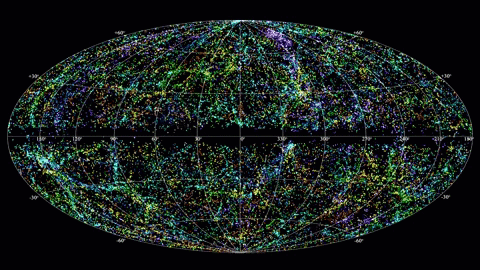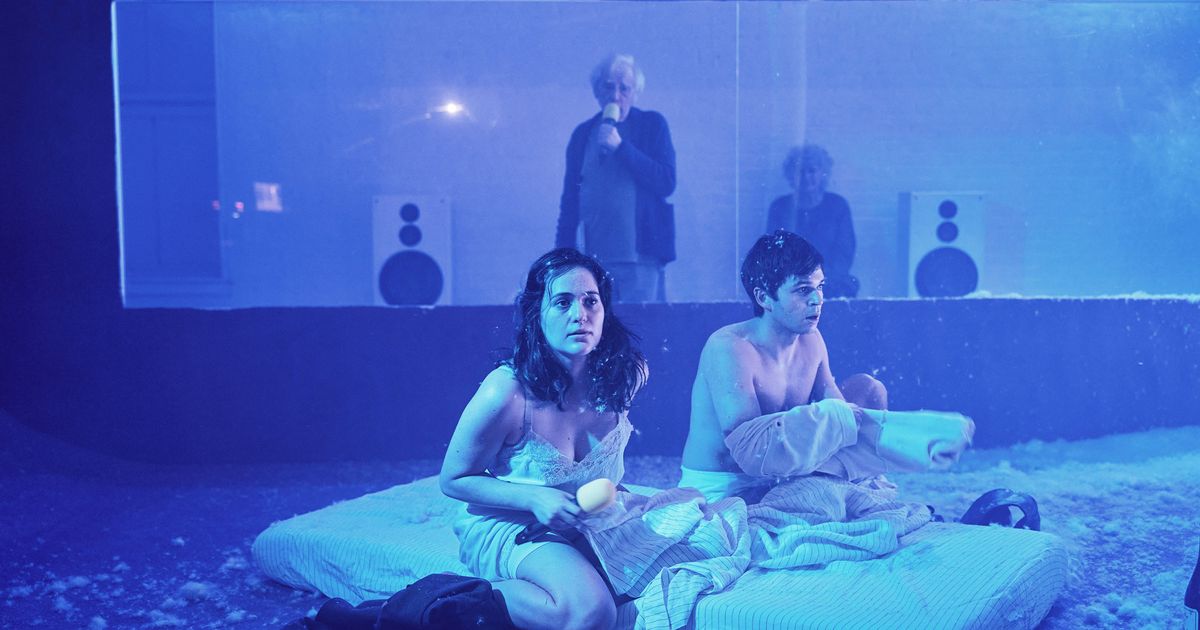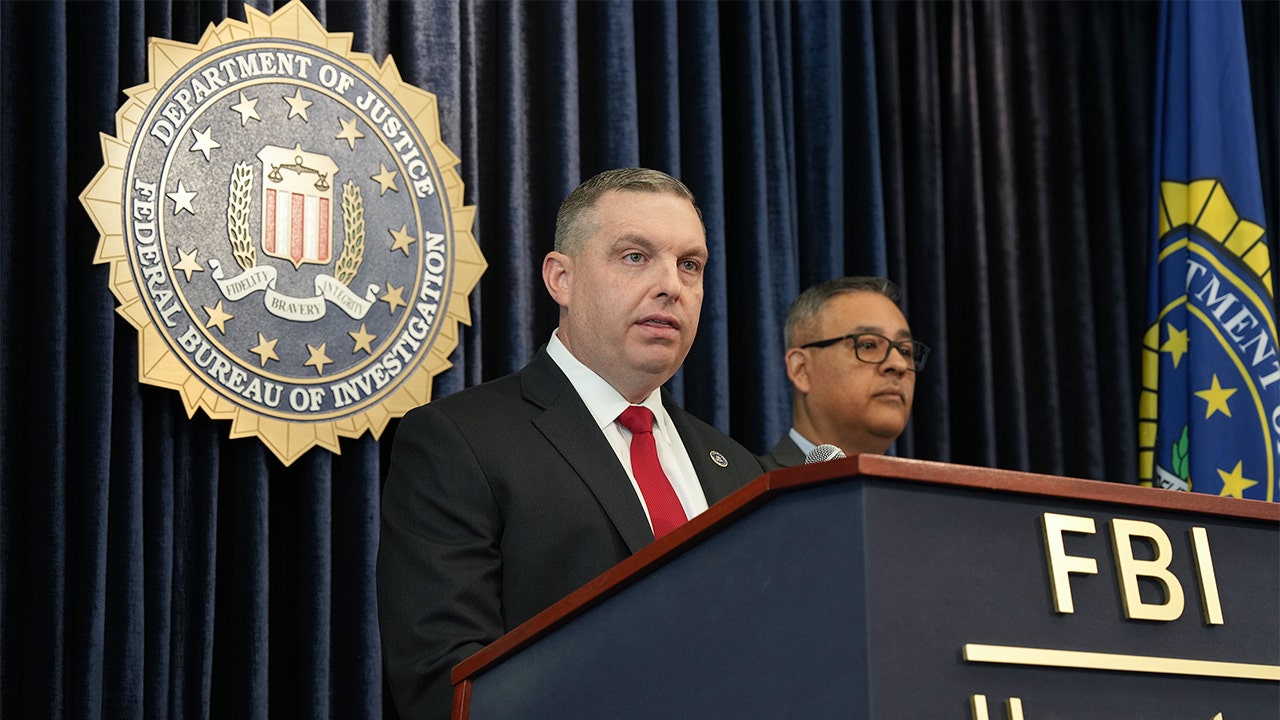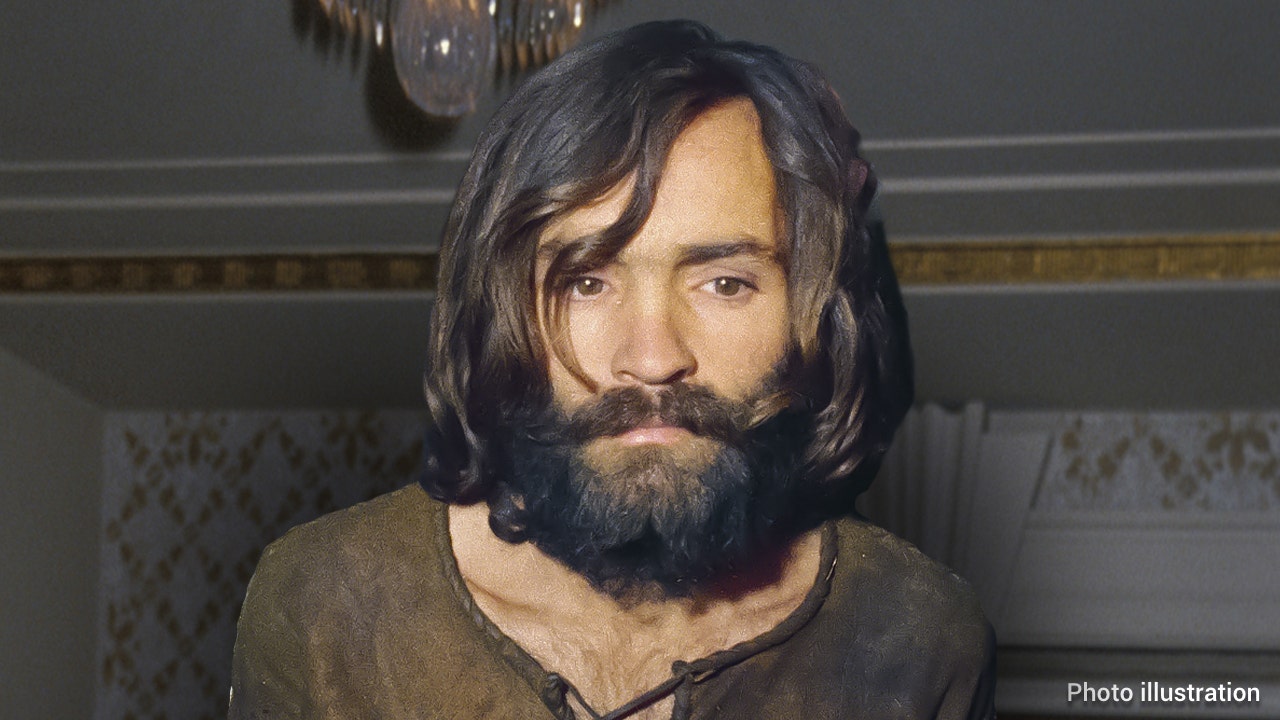From This Beautiful Future, at Theaterlab.
Photo: Emilio Madrid
The walls and floor of Theaterlab, a miniature, living-room-size venue on a third floor in Hell’s Kitchen, are painted a glossy white. Outside its workaday building is the once-industrial neighborhood just west of Penn Station, which congeals in winter into a sort of smeary grottiness. Inside, though, you’ll find that Theaterlab has made every effort to seem bright and cheerful. You pop out of its tiny elevator into a space as smoothly bright as a nail salon. I came in from the smoky night and basked in its gallery-whiteness. It’s like one of those mood-adjusting lamps — kilowattage as cheap therapy.
Theaterlab’s current tenant, This Beautiful Future, is smooth, too, a handsomely produced work decorated with tasteful bells and theatrical whistles. The Australian playwright Rita Kalnejais’s super-condensed 70-minute play was praised when it premiered in 2017 in London — “stupidly beautiful,” said Lyn Gardner, referring to the poignancy of its portrait of young love — and now it’s here. The central duo are Otto (Justin Mark) and Elodie (Francesca Carpanini), a French girl and a boyish German soldier, whose affair is hitting some bumps on what might be their only night together. Bump No. 1: They’re so bashful about kissing that they have tickle fights just to get close. Bump No. 2: It’s 1944, and the Americans are about to liberate the occupied village.
The bell and the whistle, respectively, are Angelina Fiordellisi and Austin Pendleton, two gray-haired actors in modern dress who stand behind the set, watching the younger performers through a long window. They are watchers, visitors from a realm outside the fiction, sometimes singing songs or confessing their regrets into karaoke microphones. They’re mysteriously linked to the French scene, their songs commenting obliquely on the action. “Why does my heart go ‘boom’?” warbles Fiordellisi after a bombing run comes close to the 1944 hideaway. The two elders twinkle flirtatiously at each other. Are they older versions of the young people? Or guardian angels? Certainly, they emphasize the soap-bubble delicacy of the lovers’ situation. Elodie has brought her Nazi boyfriend a still-viable egg from a bombed-out house nearby, and the egg becomes Kalnejais’s chief metaphor for the fragile refuge, a place where a thing might be nurtured, something unaware of the world beyond its blood-hot room.
Director Jack Serio has polished the production so it shines. (Pendleton is an exception, stumbling over his lines, but he was added to the cast quite late.) Frank J. Oliva’s set, Christopher Darbassie’s sound design (that bombing raid seemed to run straight overhead), and Stacey Derosier’s lighting design make the tininess of the space into a virtue, and its intimacy begins to feel like luxury. Carpanini and Mark both do strong work, unaffected by the audience sitting only a few feet away. They only fail, understandably, at seeming to be younger than they are.
According to the script’s character list, Otto and Elodie are about 16, but you can watch the whole performance assuming the characters are well into their 20s, since the actors are clearly adults. Kalnejais writes the pair as innocents, which, in such an environment, can also make them monsters. Otto has a sort of Simple Simon worship for the man he calls Mr. Hitler; Elodie is selfish and vain, impervious to even the most baldly delivered information about the reality around her. She insists that her abducted Jewish friends are coming back, even as Otto, vibrating with anti-Semitic hatred, assures her they’re gone for good. Are they children blindsided by history? Or are they, as they seem in the production, deliberately ignorant adults? How we read their ages becomes very important in how we comprehend this behavior. Kalnejais offers us a great deal to think about here. Who can afford naïveté? What age puts a person beyond the pale of our sympathy?
Unfortunately, Kalnejais wants to work swiftly, not dive into these tangled weeds, so the play wraps up by shifting toward sentiment. The actors pull down the veil between their zones, and the generations embrace. The egg even seems to hatch! The specifics of the “real” tale, which turns bleaker and bleaker, dissolve in a shimmering mist, softened first by the older couple’s warmth, then by an adorable staging choice that makes the audience coo. I can’t decide if it was a gesture of total cynicism — Here, ignore that boy’s murders, and look at this sweet baby chick — or if Kalnejais believes there really is a fledgling hope somewhere in her story. That confusion has kept me thinking, not always happily, about the play for days.
Everything that This Beautiful Future is — glossy, well-resourced, effective — is unavailable to Sara Fellini’s downtown play Ectoplasm. Theaterlab is hospital-white and seemingly miles away from its own front door; the scrappy Players Theatre in the West Village, on the other hand, barely feels like the door has closed on the dirt outside. As you watch Ectoplasm, you can hear noise from the outdoor dining up and down the block, even music from the clubs nearby. Its carpet unrolls damply in front of you as you walk in from MacDougal Street, a stubborn revenant of the pre-wealth neighborhood. It’s not gorgeous, but there’s tenacity ground into every red velvet seat. (In other words, I love it.)
It’s 1912, and a medium named Sara (Jillian Cicalese) is having a dreadful night. Her assistant (Caitlin Dullahan-Bates) has decided she can’t bear their mutual but unspoken attraction and, rather conveniently, has also developed a conscience over the way they trick the grieving. Their lusty patroness, Madame Montfort (Florence Scagliarini), has put together a séance in which they can display the cutting edge in spiritualism — she tilts her precipitous bodice at her many guests while also pinching her butler (Drew Reilly) as he makes the newfangled cocktails that take everyone by storm. “We have one which is essentially bourbon ruined by sugar,” he drawls, emptying one bottle into a shinier one as the women around him renegotiate their erotic and psychic boundaries. Sara, it turns out, has powers that do transcend the mortal realm, but love and ghosts both have to be called by their real names — or they’ll refuse to go away when you want them to.
The pressure of making a period drama with special effects has cracked parts of the bootstraps production. One vanishing trick is so accidentally hilarious, involving a black balloon deflating at a crucial moment, it has kept me helplessly laughing for days. (Phhhhhbbbbbft, I’ll say to myself, and that’s half an hour of productivity gone.) The performances are very broad and often silly, with the deft Cicalese anchoring them with an air of desperate fortitude. But as a writer, Fellini has good ideas about how to balance the elements — thriller, romance, comedy — against one another for best effect. She has an ear for both elegant speech and absurdity, and she often makes them rhyme.
The company spit & vigor is in residence at the Players, and they have grown into its walls, intertwined like a webby, mycelial network. Florence Scagliarini’s set, like the theater itself, is a mix of gorgeous antiques and wobbly-looking architectural elements — extravagantly fringed lamps and candlewood gateleg tables and double doors that barely work. That’s because everybody is doing everything on this show: Writer Sara Fellini is also the director Sara Fellini, who is also the build crew Sara Fellini. It’s roll-up-your-sleeves productions like this that sit closest to the pure urge to put on a show. There were moments in Ectoplasm that were absurd, certainly, but it wasn’t because the thinking was faulty or the playwright had decided to dissolve her play rather than end it. There’s something alive in Ectoplasm, and while Fellini is asking for things that the young company simply cannot execute, the presence of that life hovers in the air around them, a ghost waiting to be summoned.
This Beautiful Future is at Theaterlab through January 30.
Ectoplasm is at the Players Theatre through February 6.













